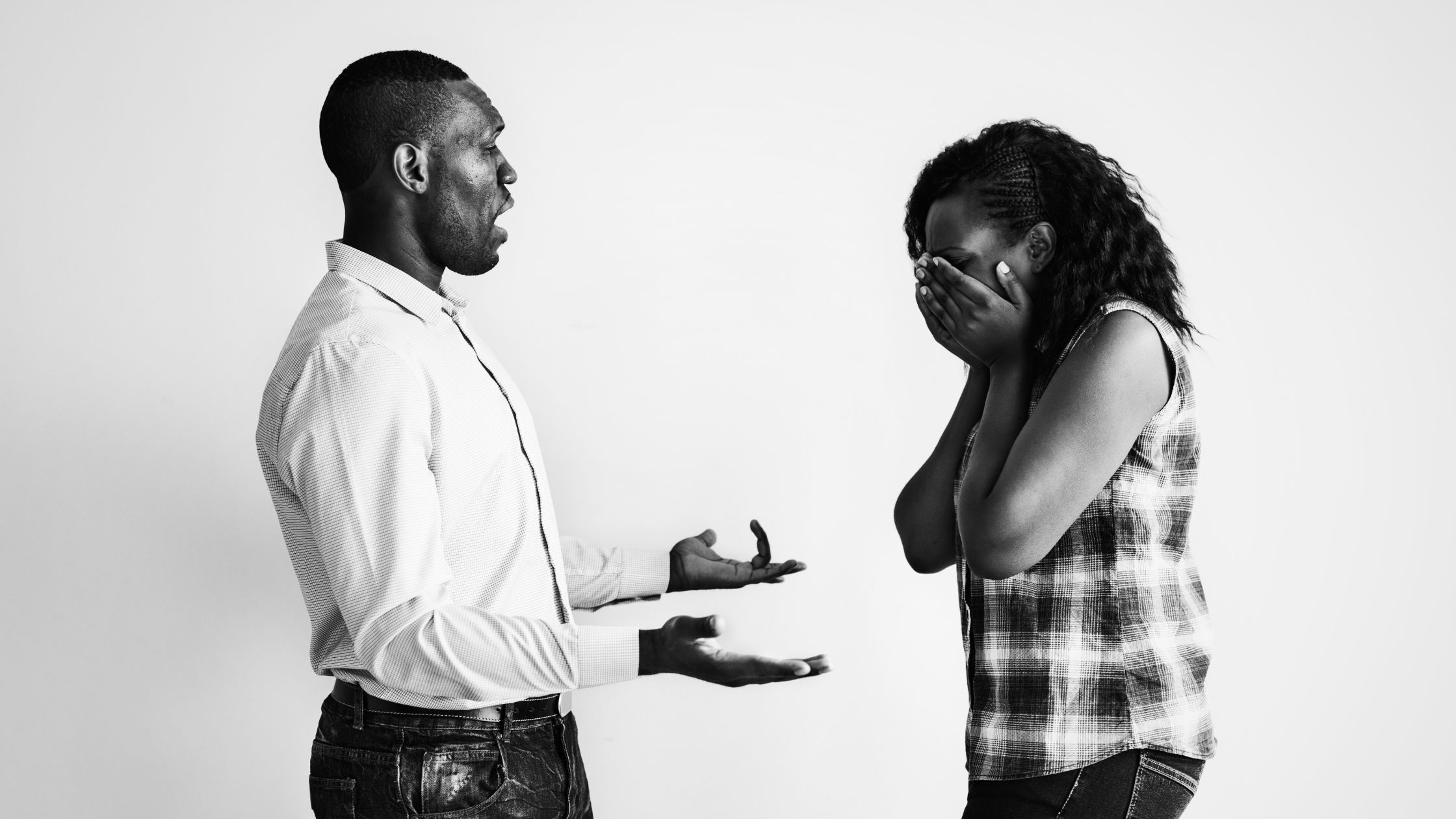In the modern relationships standard, few things are as confusing as the difference between the talking stage and dating stage. One minute you’re texting non-stop, swapping memes, and having deep late-night conversations; the next, you’re wondering why you’re not officially a “thing” yet.
Understanding where you stand is more than just labeling a relationship but about knowing your emotional footing, expectations, and whether you’re wasting time or building something real.
Here’s how to decode the difference between the talking stage and dating stage, and most importantly, how to know where you stand.
What is the Talking Stage?
The talking stage is the pre-relationship phase where two people are getting to know each other usually through text, calls, or casual meetups. It’s often filled with anticipation, flirtation, and curiosity, but it lacks structure or commitment. This is where you both feel each other out to see if there’s potential for something more. Think of it as the emotional audition before entering a relationship.
Common Signs You’re in the Talking Stage:
- You communicate often, but mostly via text or DMs.
- There’s flirting, but no clear conversations about exclusivity.
- Plans are casual and may get canceled or rescheduled easily.
- You’re not introduced to friends or family.
- There’s a lot of “vibe” but little clarity.
This phase can be fun, but it can also be a breeding ground for confusion especially if both parties aren’t aligned.
What is the Dating Stage?
Dating usually implies mutual interest and intention. It doesn’t always mean exclusivity, but it does mean both people are exploring a romantic relationship in a more structured way. There are usually clearer expectations, regular in-person interactions, and conversations about where things are headed.
Signs You’ve Moved into Dating Stage:
- You go on planned dates, not just last-minute linkups.
- There’s consistency both in communication and effort.
- You’ve had conversations about exclusivity or long-term goals.
- You’ve met each other’s friends or family (or there’s a plan to).
- Your time together is intentional, not just convenient.

Dating adds emotional risk, but also emotional reward. It’s a commitment to discovering something deeper.
Why the Confusion Between The Talking Stage and Dating Stage?
The lines between talking stage and dating stage have blurred, especially in the age of dating apps, instant messaging, and situationships. Many people linger in the talking stage for too long, hoping things will naturally evolve, when in reality someone may be content just keeping it casual.
Some reasons why people stay stuck in the talking stage:
- Fear of commitment
- Desire for attention without responsibility
- Past heartbreaks or emotional unavailability
- Waiting for “something better”
- Not knowing how to define or ask for more
How do you Know Where you Stand Between The Talking stage and Dating Stage
To get clarity on where you stand between the talking stage and dating stage, start by reflecting honestly:
- How long have you been “talking”? (If it’s been several months with no progress or intentions discussed, it may be time to reassess.)
- Do your interactions have emotional depth or just surface-level banter?
- Do you feel secure or constantly confused about what you are to each other?
- Has there been any conversation about exclusivity or future plans?
- Are your needs being met, or are you always left guessing?
If the answers lean more toward confusion, vagueness, or unfulfilled expectations, you might still be stuck in the talking stage—whether you like it or not.
Red Flags in the Talking Stage
Not everyone in the talking stage is bad news. But some behaviors are clear red flags that the person has no intention of moving forward:
- They avoid conversations about the future.
- They only reach out late at night or when they’re bored.
- They breadcrumb you, giving just enough attention to keep you around.
- You feel like you’re competing with other “options.”
- They say things like “Let’s just see how it goes” with no follow-up actions.
If you notice any of these, it may be time to protect your peace and step away if you are sure that you want more than a talking stage.
Green Flags That You’re Progressing to Dating
On the flip side, here are some positive signs that things are moving in the right direction:
- They initiate plans and follow through.
- They ask intentional questions about your goals, family, and values.
- They introduce you to their inner circle.
- They communicate regularly and consistently.
- They ask you where you see this going.
These are indicators of emotional availability and seriousness.
How to Move from Talking to Dating
If you’re ready to move things forward, but unsure how, try the following:
- Have “The Talk”
Be honest about what you want. If you’re looking for exclusivity or just want to know if dating is even on the table, clear communication helps both of you align or gracefully part ways. You can try asking this way:
“I really enjoy talking to you and spending time together. I’m at a place where I’d like to explore something more intentional. How do you see this connection?”
- Set Boundaries
If “just talking” is no longer enough for you, say so. Let the person know your time and emotional energy are valuable. It’s not an ultimatum, it’s a boundary. Setting boundaries helps filter out people who aren’t ready and protects your peace.
- Watch Actions, Not Just Words
Anyone can say “I love you”, “I like you”, “I’m just busy right now”, or “Let’s see where this goes.” But what do their actions actually show? Do they make time for you consistently?
- Do they initiate plans or wait for you to chase?
- Do they remember things you care about and follow up?
- Words mean very little without follow-through.
If someone truly wants to move into a dating phase, their effort will reflect that even in the little things.
- Don’t Be Afraid to Walk Away
If they avoid the conversation, get defensive, or respond with “Let’s not put a label on it”, that is the clarity you need. Mixed signals are a form of emotional manipulation. Don’t cling to potential; focus on patterns. Leaving doesn’t mean you didn’t care, it means you care about yourself enough not to settle for ambiguity when you want intention.
If you’re just talking or actively dating, the key is mutual understanding. The most painful situations often come from assumptions, false hope, or silence. Don’t be afraid to ask the hard questions. You deserve to know where you stand and you deserve someone who isn’t afraid to stand beside you.








